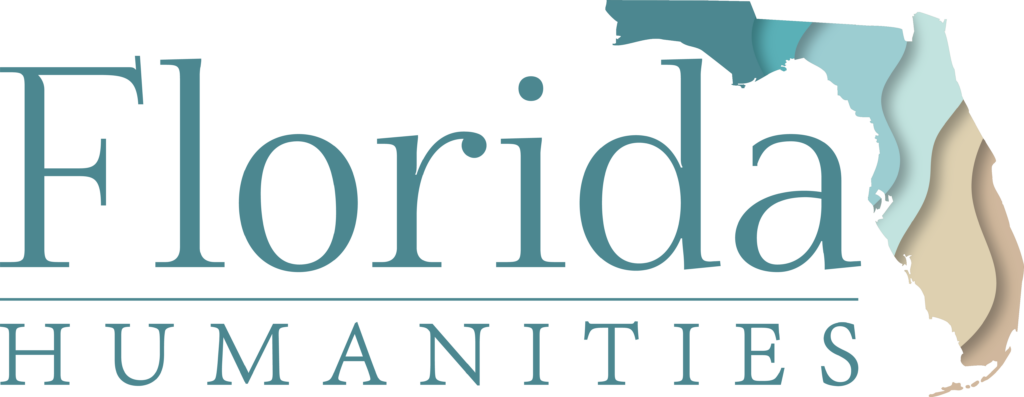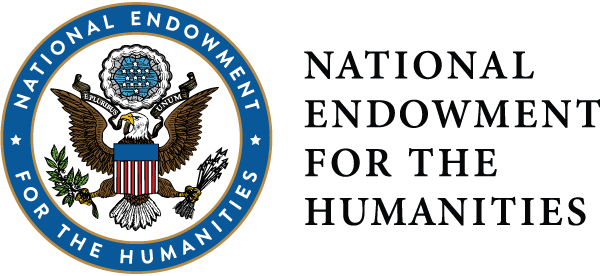Tuesday, March 12, 6 p.m. | Doors open at 5:30 p.m.
Free with registration.
Register Here!
This forum will look at how to conduct yourself as an ethical reporter and goes over some best practices. What does it mean to be an ethical journalist? How has journalism ethics changed through the years? What legal rights do journalists have, and what are the limits of those rights?
Facilitator: WSLR News Director Johannes Werner: Johannes Werner is a journalist who has pursued a wide range of beats, from Berlin, Mexico City, Detroit, and Miami. Werner has a degree in modern history and Latin American Literature from the Freie Universität Berlin and was a DADD Scholar at the Institute for Latin American Studies at the University of Texas.
Clay Calvert. Professor of Law at the University of Florida. Calvert is the Brechner Eminent Scholar Emeritus and former Director of the Marion B. Brechner First Amendment Project at the University of Florida. He also is a nonresident senior fellow in technology policy studies at the American Enterprise Institute. Since 2010, Professor Calvert has published more than 30 articles in flagship law reviews and more than 40 additional articles in a combination of specialty law reviews and peer-reviewed journals.
Jim Lake. Attorney, Thomas & LoCicero. Lake’s practice focuses on media law, intellectual property and business litigation. He represents clients in state and federal courts and the U.S. Patent & Trademark Office, and he frequently renders advice on newsgathering, trademark and copyright matters.
Joy Mayer. Founder of Trusting News in 2016 after a 20-year career in newsrooms (including the Sarasota Herald-Tribune) and teaching. She spent 12 years at the Missouri School of Journalism, where she created an audience engagement curriculum and community outreach team in the newsroom of the Columbia Missourian and also taught web design and print design.


Funding for this program was provided through a grant from the Florida Humanities with funds from the National Endowment for the Humanities. Any views, findings, conclusions or recommendations expressed in this program do not necessarily represent those of Florida Humanities or the National Endowment for the Humanities.